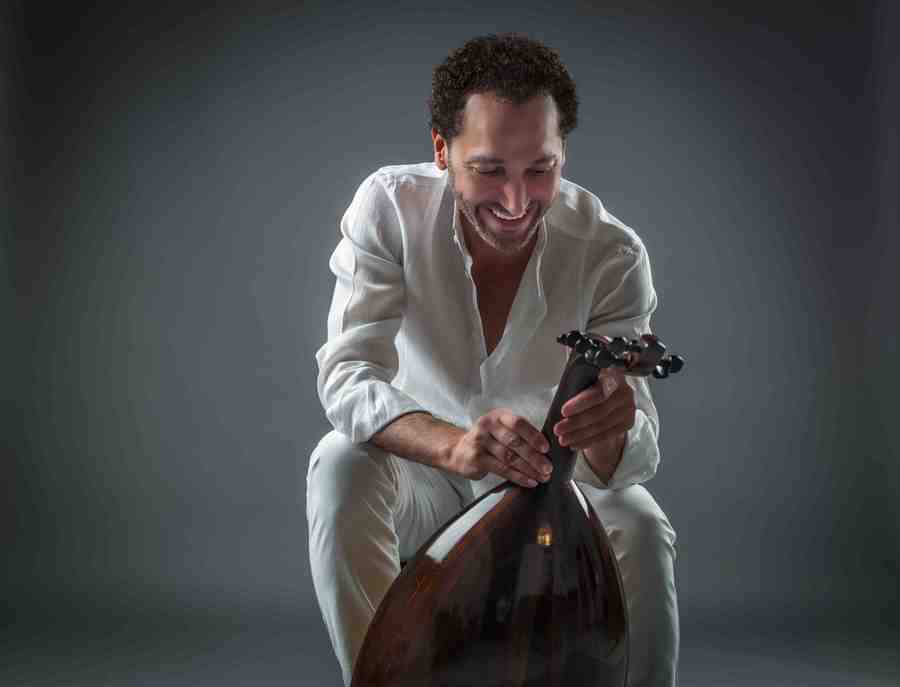Naseer Shamma named a “UNESCO Artist for Peace”
The Iraqi oud player received this acknowledgment on February 23, 2017
February 23, 2017
PARíS
Naseer Shamma has carried out important charitable work as a result of his commitment to bringing peace and development to his own country, Iraq, and to the region of the Middle East in general, which has been several punished by war and sectarian violence in recent years. For instance, in 2015 he created the Ahalna Campaign foundation to raise funds with the goal of supporting Iraqi families that have been forced to flee from armed conflicts in the country. Throughout 2015, the association has distributed medicines, food and non-food items (including cookers, water pumps and toys for children) to displaced people in Iraq.
Born in 1963 in the city of Al-Kut (where the Tigris and Euphrates Rivers converge to the south of Baghdad), at the age of five he discovered his calling to play the Arabic oud and gave his first concert when he was just 11 years old. He studied for five years at the Arab Music Conservatory of Baghdad with teachers like As-Sharif Muhyi Addin, Jamil and Munir Bashir, and Salman Shukr. In 1985, while still a student at the conservatory, he took part in the Arab Music Festival held in France, where French critics gave him the nickname “The Young Ziryab” (after the great musician of Al-Andalus). Just one year later, he received a prize for the best melody of the year in Iraq. Since then, Naseer Shamma has given concerts on five continents and is acknowledged worldwide as one of the finest Arabic oud players of all time.
Naseer Shamma plays the Arabic oud by combining traditional methods with his own modern, original compositions. One of his universal contributions to the development of the Arabic oud has been the creation of the eight-string oud (instead of the six strings traditionally used), designed on the basis of a manuscript left behind by the great scientist, musician and philosopher of Islam, Abu Nasr Al-Farabi (a famous music theorist from the ninth century). This technical innovation provides different tonal qualities to the oud, ideal for the elaborate compositions which he writes and performs, in which love, history and pain meld together and are given form.
Naseer Shamma is considered to be a contemporary “cultural guardian” of Arabic musical heritage, and in recent years he has opened several music schools known as The Arabic Oud House (Beit al-Oud al-Arabi), where he teaches students to become oud soloists, thereby displaying another facet of his artistic undertakings.
He is a highly versatile musician who remains constantly open to musical dialogue with other disciplines, including jazz (he has shared the stage with musicians of the stature of Wynton Marsalis and Cesare Picco), opera, different Eastern music styles and flamenco. Examples of this versatility are the many concerts he has organized with Casa Árabe, with the participation of musicians such as Ashraf Sharif Khan, Carlos Piñana and Miguel Angel Orengo.

